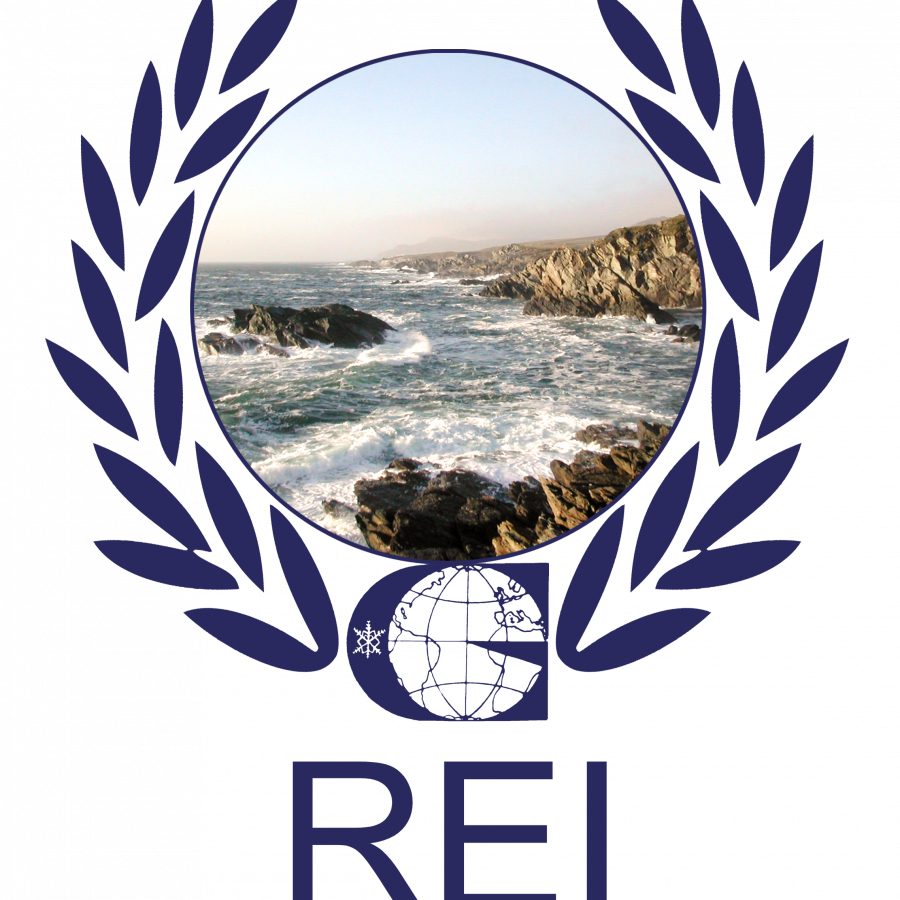The Health & Social Care (RQF) – Level 2 Extended Diploma CACHE Course teaches the essential principles of Health and Social Care. This course covers the same three units covered within the Certificate Qualification Course with additional units focused on communication in health and social care, working in health and social care, dementia and Nutrition for health and social care. The course covers Key subject areas and is mapped to the standards within the Care Certificate and National Occupational Standards.
A Certificate level qualification is also available if students would prefer to cover only the first three units of this qualification.
Please Note: Students do not need a work placement to complete this course although 30 hours or more work placement or previous experience in this sector would be beneficial in supporting your learning.
This qualification could be beneficial for students wanting to progress onto a Level 3 Diploma qualification, for those already working within a health or social care setting, or those looking to progress in a range of job roles in the health and social care sector, including:
- Care support workers in adult residential settings
- Healthcare assistants in community, primary care and acute health environments
- Care support workers in domiciliary services supported living or day services
- Community-based support workers
On successful completion on this course, students will receive a Level 2 RQF (Regulated Qualifications Framework) Extended Diploma Qualification. This is a graded qualification (A*/A/B/C/D).
This The Health & Social Care Course Consists Of The Following Units:
Unit 1 – HSC M1: Equality, Diversity and Rights in Health and Social Care
Unit Objectives:
- Understand equality, diversity and inclusion in health and social care.
- Understand discrimination.
- Understand person-centred practice.
The following topics are covered: The terms: equality, diversity and inclusion; Legislation, policies, procedures and codes of practice in relation to equality, diversity and inclusion; How the health and social care practitioner contributes to inclusive practice; Types of discrimination; Approaches to challenge discrimination; How the health and social care practitioner’s own values, beliefs and experiences can influence delivery of care; The concept of person-centred practice; How person-centred practice is used to support individuals; Impacts of person-centred practice on individuals; and Ethical dilemmas that may arise when balancing individuals’ rights and duty of care.
Unit 2 – HSC M2: Human Growth and Development
Unit Objectives:
- Understand human growth and development across the lifespan.
- Understand influences which impact upon human growth and development.
- Understand significant life events across the lifespan.
- Understand how health and social care services meet the care needs of individuals through the lifespan.
The following topics are covered: The life stages of human growth and development; Social, emotional, cognitive and physical development within each life stage; Holistic development; The nature versus nurture debate in relation to human growth and development; The medical model of health and well-being; Factors which impact upon human growth and development; The importance of recognising and responding to concerns regarding an individual’s growth and development; Significant life events across the life stages; The impact that significant life events may have on an individual; Care needs of individuals through the life stages; How health and social care services meet the care needs of individuals through the life stages.
Unit 3 – HSC M3: Safeguarding and Protection in Health and Social Care
Unit Objectives:
- Understand legislation, policies, procedures and codes of practice in relation to safeguarding and protection.
- Understand the role and responsibilities of the health and social care practitioner in relation to safeguarding.
- Understand types of abuse.
- Understand action to be taken by the health and social care practitioner in response to evidence or concerns that an individual is at risk or has been harmed or abused.
- Understand the benefits of working in partnership in relation to safeguarding and protection.
The following topics are covered: Safeguarding; Legislation, policies, procedures and codes of practice in relation to the safeguarding and protection of children and young people and adults; How the health and social care practitioner safeguards individuals; How the health and social care practitioner safeguards themselves; Types of abuse: self-neglect, physical, emotional, sexual, domestic, financial and institutional Bullying; Signs, symptoms, indicators and behaviours which may cause concern; Factors which contribute to an individual being vulnerable to harm or abuse; Actions to take if harm or abuse is suspected or disclosed; The responsibilities of the health and social care practitioner in relation to whistleblowing; The boundaries of confidentiality in relation to the safeguarding, protection and well-being of individuals; and The benefits of working in partnership in relation to safeguarding and protection.
Unit 4 – HSC M4: Communication in Health and Social Care
Unit Objectives:
- Understand effective communication.
- Understand professional relationships in health and social care.
- The term confidentiality.
The following topics are covered: Types of communication; Communication and language needs and preferences of individuals and others; The skills of an effective communicator; The difference between a professional relationship and a personal relationship; Working relationships that a health and social care practitioner will have; The role of communication in building and maintaining professional relationships in health and social care; Legislation, policies and procedures relating to the management of information; How the health and social care practitioner maintains security of data; and The tension between maintaining confidentiality and the need to disclose information.
Unit 5 – HSC M5: Working in Health and Social Care
Unit Objectives:
- Understand health and social care values across provision.
- Understand health and social care provision.
- Understand the roles and responsibilities of the health and social care practitioner.
- Understand Continuing Professional Development.
- Understand reflection in relation to Continuing Professional Development.
The following topics are covered: Legislation, policies, procedures and codes of practice in relation to health and social care; Health and social care values; How individuals accessing health and social care services are valued; Types of health and social care services; Functions of health and social care services; Barriers to accessing health and social care services and how they may be overcome; Definition of informal care; The role of informal carers; Job roles within the health and social care sectors; The responsibilities of the health and social care practitioner: Skills, behaviours and attributes required by health and social care practitioners; Continuing Professional Development; Sources of support for learning and development; Why Continuing Professional Development is integral to the role of the health and social care practitioner; and The role of reflection within Continuing Professional Development.
Unit 6 – HSC O4: Dementia Awareness
Unit Objectives:
- Understand Dementia.
- Understand legislation and frameworks in relation to dementia care.
- Understand how to support individuals with dementia.
The following topics are covered: Types of dementia; Signs and symptoms of dementia; The impact of dementia on an individual’s health and well-being; Legislation and frameworks in relation to dementia care; The importance of an early diagnosis of dementia; How person-centred care is used to support individuals with dementia; The role of the health and social care practitioner in supporting the health and well-being of an individual with dementia; and Support available for individuals with dementia.
Unit 7 – HSC O10: Nutrition for Health and Social Care
Unit Objectives:
- Understand nutritional needs across the lifespan.
- Understand the impact of diet on health and well-being.
- Understand how the health and social care practitioner promotes a healthy diet.
The following topics are covered: The main food groups; The components of a healthy diet; Current nutritional guidelines for a healthy diet; Nutritional needs across the life stages; life stages; Factors which influence dietary intake; The impact of dietary intake on health and well-being; How initiatives promote healthy eating; and How the health and social care practitioner promotes a healthy diet.
To find out more about Health & Social Care (Rqf) – Extended Diploma Cache Course visit the course provider website.



















Leave a Comment